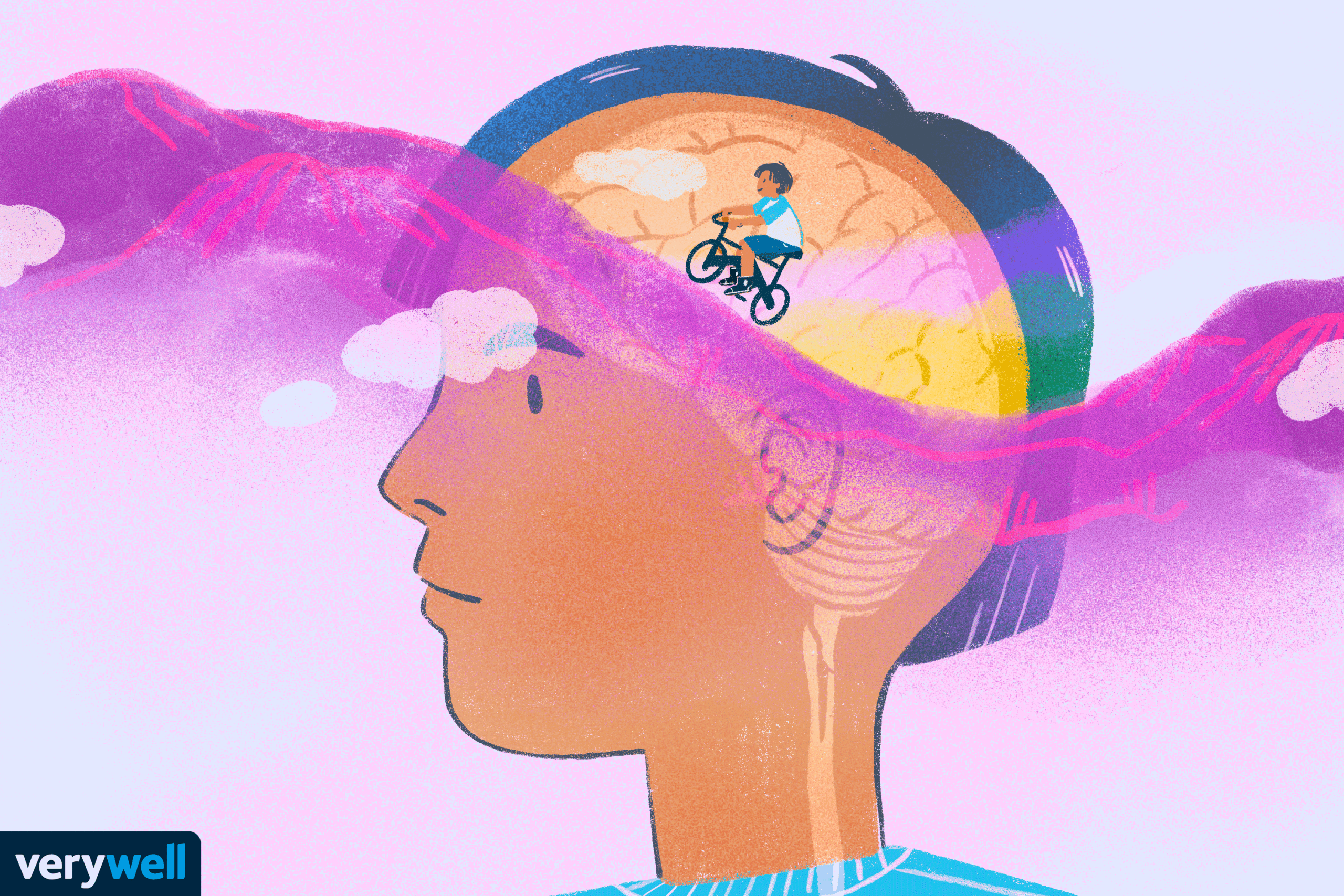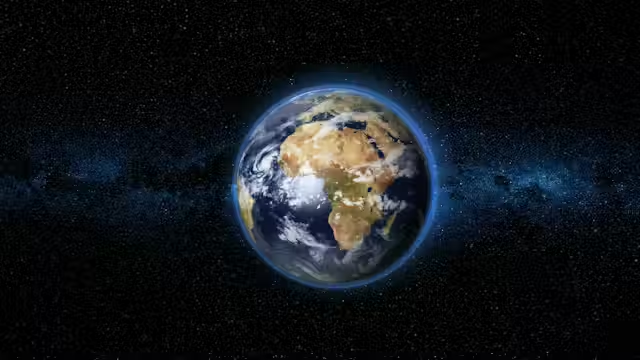Now Reading: The Psychology of Why We Explore
-
01
The Psychology of Why We Explore
The Psychology of Why We Explore

From ancient cave paintings to modern space missions, exploration has always been part of human nature. People step into the unknown not only to survive but also to satisfy an inner drive that pushes them beyond comfort. Whether it is discovering new lands, testing boundaries, or chasing knowledge, the urge to explore reflects something deeply psychological, something that connects survival, curiosity, and identity.
At its simplest, exploration begins with curiosity. The human brain is wired to seek novelty. New experiences trigger learning, release excitement, and create a sense of achievement. Children do this naturally when they touch, taste, or question everything around them. As adults, this curiosity often takes bigger forms—travel, research, or experimenting with ideas that redefine society. Exploration is not just about moving forward but about finding meaning in uncertainty.
Fear also plays a role. Many people explore to overcome it. Climbing mountains, diving deep seas, or even moving to a new city challenges the limits of comfort. This mix of fear and thrill creates growth, building resilience and shaping identity. Psychologists argue that exploration is often a way to fight monotony, giving life freshness and purpose. In Tier 2 cities across India, this is seen when young people leave home for education or careers, exploring not just places but also versions of themselves.
There is also a social angle. Exploration often inspires collective progress. When one person dares to explore, others follow, and this creates shifts in culture, economy, and technology. Communities in smaller towns are now more connected to global ideas because a few chose to step outside traditional boundaries. Exploration is not just individual—it carries societies forward.
In the end, the psychology of exploration lies in balance. It is curiosity, courage, and the desire to find meaning beyond the familiar. Humans explore not only to discover new worlds but to understand themselves better. Every journey into the unknown, whether personal or global, is a reflection of this timeless human instinct.

























